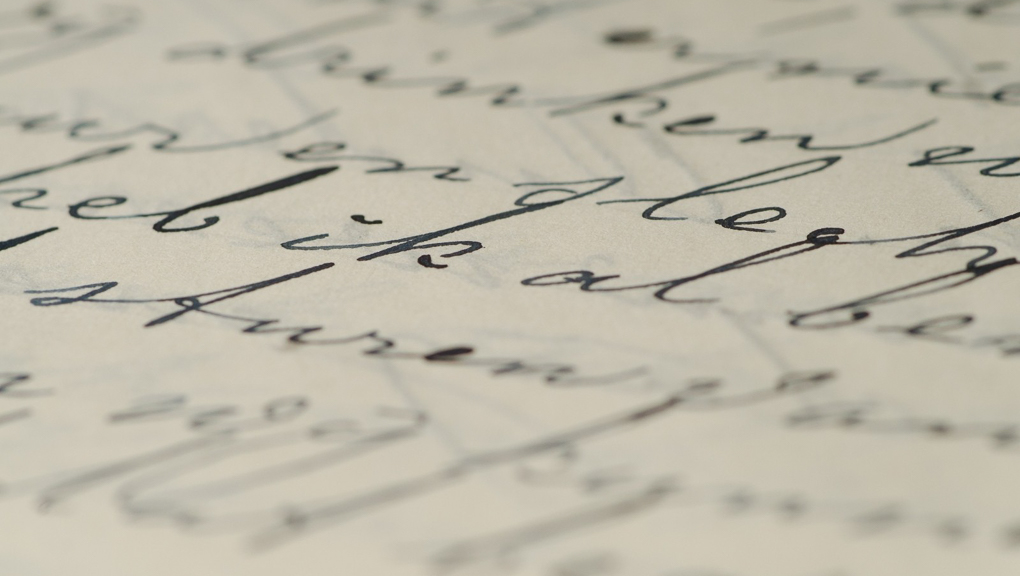BANISHMENT

Compression of car tyres over wet cobblestones at 3AM. Otherwise, dead silence. One street lamplight bore witness. Two car doors cushioned shut. Then the splintering of wood, flashlights, the barking of orders, a scuffle and muffled cries. A cuffed, hooded figure dragged to the waiting 4WD, its engine thrumming. Acceleration. Once more silence descended as if the night were holding its breath.
The poet stood in the dock. The dark suit given him appeared to be an ill-fit much in the manner of a clown. His head shaven yet clumps of hair remained. His expression stoic. One eye squinted intermittently, a bruise encircled it, as if they had made some attempt to confine his vision. This gave him a discernibly startled look. The charges levelled against him were subversion, challenging the literary status quo. Non-compliance. His refusal to accept the terms of his contract invited Ostracism and Pubic Ridicule.
Fear, that is, vaporised anger seeped through the hierarchical ranks of the literary establishment. The encrypted sentence dispatched from the Tribunal of Heretical Investigation instructed the provincial branches through the Federation of Subscribed Sycophants to deny him any access to official publishing houses within the state, ad infinitum. Banishment. An exile in his own country. But this was nothing new to him except now it was passed into law by official edict.
It was observed during his mock trial that he was distracted though the accusations made against him demanded no response. Nevertheless, he seemed somewhat absent from the proceedings, and if his lips moved, he said nothing. His gaze fixed upon the ornate, wooden coat of arms on the panelling above the bench where his interlocutors sat staring down at him. But he did not see them. His eyes locked on that escutcheon of authority.
A snake coiled around a sword over a daisy chain of laughing children encircling the handle. A beam of yellow light emanating from the head of the snake like a death ray cut a trench around the children at the haft of the blade entrapping them yet they were oblivious to this in their gay laughter. It was only years later that the samizdat surfaced. A memoir titled: The Snake Trench and The Children. A lament for defiled innocence in the womb. There were reported sightings but nothing confirmed. The poet had long since vanished.

About the author: Stephen Oliver is an Australasian poet / voice artist and author of 19 volumes of poetry. His poems have been translated into German, Spanish, Chinese, and Russian. Represented in:Writing To The Wire Anthology, edited by Dan Disney and Kit Kelen, University of Western Australia Publishing 2016; and, Manifesto: A Political Anthology, edited by Emma Neale and Philip Temple, Otago University Press, 2017. His poetry collection GONE: Satirical Poems: New & Selected, Greywacke Press, Canberra, 2016, is available through Amazon. His latest collection of poetry is titled LUXEMBOURG, Greywacke Press, Canberra, 2018. (Contact: greywackepress@gmail.com)











